

Today we’d like to introduce you to Marie Laurin
Hi Marie, it’s an honor to have you on the platform. Thanks for taking the time to share your story with us – to start maybe you can share some of your backstory with our readers?
Growing up in Quebec, my passion for the arts blossomed early, when I convinced my family to reluctantly binge on Jello Pudding so I could buy a mail-order puppet theater. Undeterred by the woeful production values of that first showbiz adventure, I was inspired to head to Hollywood in the 1980s where I found myself acting alongside legends like John Ritter, Steve Railsback, Klaus Kinski, Burt Reynolds, and Harry Dean Stanton in a David Lynch production.
After a whirlwind of roles, life took a sharp turn when I became a single mother. Suddenly in need of a reliable income, I took a hiatus from acting and dedicated the next twenty years to working as a mental health counselor with abused/neglected youth. These years of working with such a vulnerable population provided me with a profound new perspective on humanity, resilience, and forgiveness.
However, my parents passing away reminded me of life’s fragility and reignited my childhood passion for the performing arts. On impulse, I resigned from my work and enrolled in a master class led by James Franco. The goal for the students was to write, produce, direct, and act in a project, which culminated in 2016 with the feature film “Dark Hours: Roxana.”
A year later, Brazilian filmmaker Stefania Vasconcellos invited my daughter Clara Gabrielle and I to join her as co-screenwriters on the feature “The French Teacher.” Under Stefania’s direction, I played the lead, seamlessly shifting between my native tongue and English throughout the narrative. This film won Best Artistic Direction at the 2019 Edera Film Festival in Italy.
In 2018, Clara and I decided to control our own narrative and took the plunge by creating “The Uncanny,” a deeply personal story inspired by my work in residential treatment facilities. Five years in the making, this award-winning psychological horror movie conceived before the COVID-19 pandemic, delves into themes of loss, grief, depression, and suicide—issues that have become profoundly pertinent in the current global landscape.
As the world grapples with a widespread mental health crisis exacerbated by the pandemic, this film’s exploration of these dark yet universally resonant emotions has struck a deep chord with audiences at festivals. Its timely narrative offers a poignant reflection of the collective struggles faced by many, making it not just a piece of entertainment, but a mirror to the challenges of our times, fostering empathy and understanding in an era of unprecedented emotional turmoil.
Alright, so let’s dig a little deeper into the story – has it been an easy path overall and if not, what were the challenges you’ve had to overcome?
The journey has certainly been a bumpy one, beginning with my struggle to master the English language. As a native French speaker, I was unaware of how unintelligible I sounded while performing in my drama classes. Ignorance was bliss, and because of my accent, I was frequently typecast as the ubiquitous French maid, a French lover, and even an ’80s-era, gun-packing, Chanel-wearing terrorist who gets sucker-punched by Burt Reynolds.
My appearance also posed its own set of challenges. I didn’t exactly fit the Hollywood standard of beauty. Picture this: a very thin, flat-chested girl with a bad Pat Benatar perm, and a voice that sounded like a squawking flock of parrots. The harshest feedback I ever received came from a casting director—whose name I still remember, by the way (lol). She told my agent that while she loved my reading, she didn’t think I was attractive enough to play the small part of a sex worker in a Jeff Bridges movie. Ouch. I was absolutely crestfallen, but I didn’t let that stop me from chasing my dreams.
When I returned to acting in 2016 with an improved hairdo but still with a French accent, I faced ageism. Unless you are a well-known performer, actresses of a certain age become invisible, and the characters they are offered often lack substance.
Undeterred, I chose to create my own opportunities by teaming up with my daughter Clara Gabrielle to write, produce and perform in The Uncanny. Being a female filmmaker is not for the faint of heart. However, exploring creativity in front and behind the camera as well, while being supported by an amazing cast and crew, gave me a tremendous sense of fulfillment and joy.
Can you tell our readers more about what you do and what you think sets you apart from others?
As an actor, screenwriter, and filmmaker, I have had the privilege of collaborating with my daughter, Clara Gabrielle, on a trilogy of films that delve into the profound themes of loss, grief, and depression. Our award winning first feature, The Uncanny, is a psychological horror indie which tells the story of Zouzou, a ghost whisperer grappling with her own grief. The feedback we’ve received from festival audiences has been overwhelmingly positive, and we are hopeful that our little movie will cultivate its own dedicated following.
We are currently immersed in our second project, a documentary inspired by the tragic death of our dear friend Manuel Mercado, who was killed in a double hit-and-run incident. Manny was a brilliant therapist and our technical adviser on The Uncanny. This documentary will explore the emotional void left in the wake of a clinician’s sudden death, as experienced by their patients. By delving into this poignant subject, we hope to honor Manny’s memory and shed light on the complex process of mourning a trusted confidant and healer.
Reflecting on my career, I fondly recall a diverse array of roles: from a quirky veggie-throwing girl on Three’s Company to a blood-puking space zombie in the horror genre movie Creature. My journey began with a memorable moment where I threw a bowl of veggies over John Ritter’s head in the episode Upstairs Downstairs Downstairs. Although my initial three years contract with ABC didn’t pan out as planned, due to my lackluster performance, I cherish the experience and the warm welcome I received from John himself, who whispered, “I hear you will become part of our family; welcome onboard!”
Being a dreamer, stubborn, and resilient gave me invaluable leeway when making The Uncanny and is an integral part of my personality, which made me feel like the odd one growing up.
As a dreamer, I am able to envision stories that push boundaries, allowing creativity to flourish even with limited resources. Stubbornness fuels my determination to bring these visions to life, overcoming obstacles and refusing to compromise on the integrity of the project. Resilience keeps me steadfast through the inevitable challenges and setbacks of independent filmmaking, enabling me to adapt, persevere, and maintain momentum. Together, these qualities empower me to transform ambitious ideas into tangible, compelling films that hopefully will resonate with viewers and stand out in the indie film landscape
Are there any important lessons you’ve learned that you can share with us?
The most important lesson I learned from being a creative, was to not listen to naysayers who will smash your dreams. Throughout my journey, as an actor and filmmaker, I’ve encountered numerous individuals who doubted my abilities and questioned the viability of my projects. These naysayers often came from a place of their own insecurities or limited perspectives, unable to see the unique vision that drove me. Listening to their negativity could be paralyzing, leading to self-doubt and hesitation. However, I’ve found that tuning out these voices was crucial to maintaining the confidence and passion needed to bring my creative ideas to life.
As an indie filmmaker, the challenges are manifold—limited budgets, scarce resources, and the constant hustle to get noticed. In such an environment, naysayers can appear at every turn, ready to point out why something won’t work or why you should play it safe. Yet, the essence of creativity lies in taking risks and pushing boundaries. Ignoring the skeptics and staying true to your vision allows for innovation and breakthroughs. This resilience not only propels creative endeavors forward but also fortifies the belief in oneself, making it possible to turn dreams into reality despite the odds.
Contact Info:
- Website: https://theuncannymovie.com
- Instagram: https://www.instagram.com/mariejlaurin/
- Facebook: https://www.facebook.com/marie.laurin.31
- Youtube: https://youtu.be/n9fdrUNrAuw?si=twZgeIPO2y68e9D3
- Other: https://www.instagram.com/the_uncanny_movie/
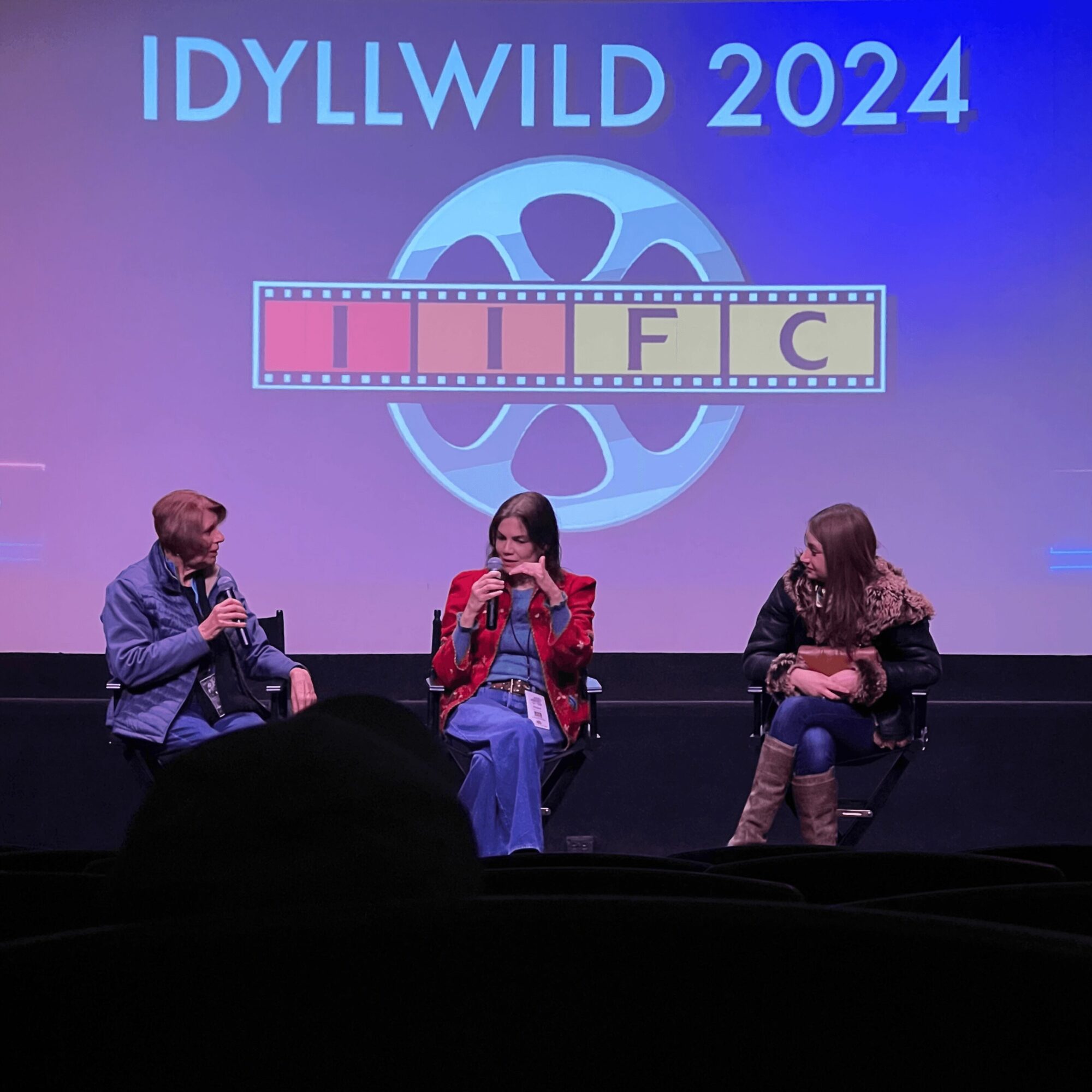
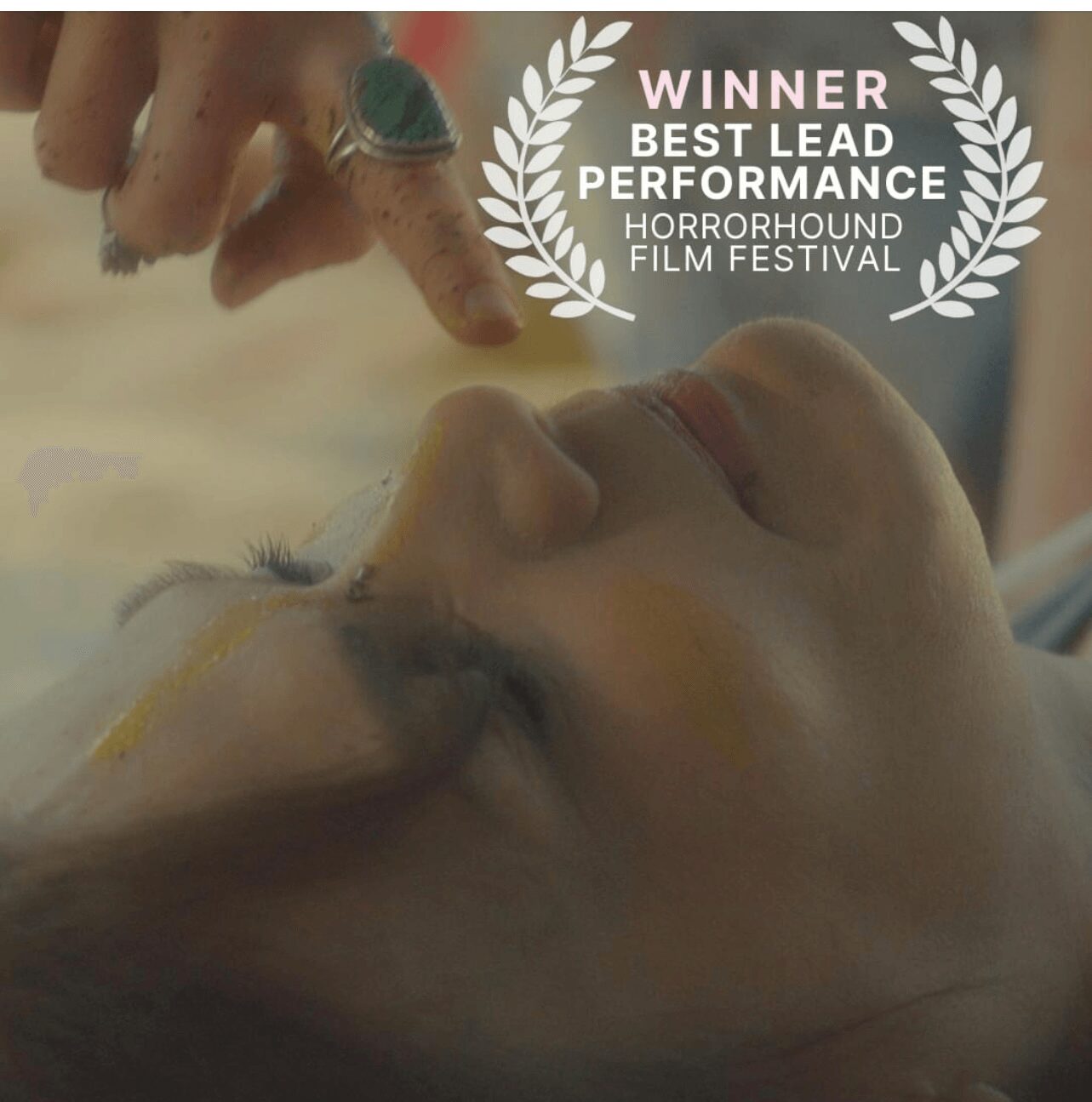
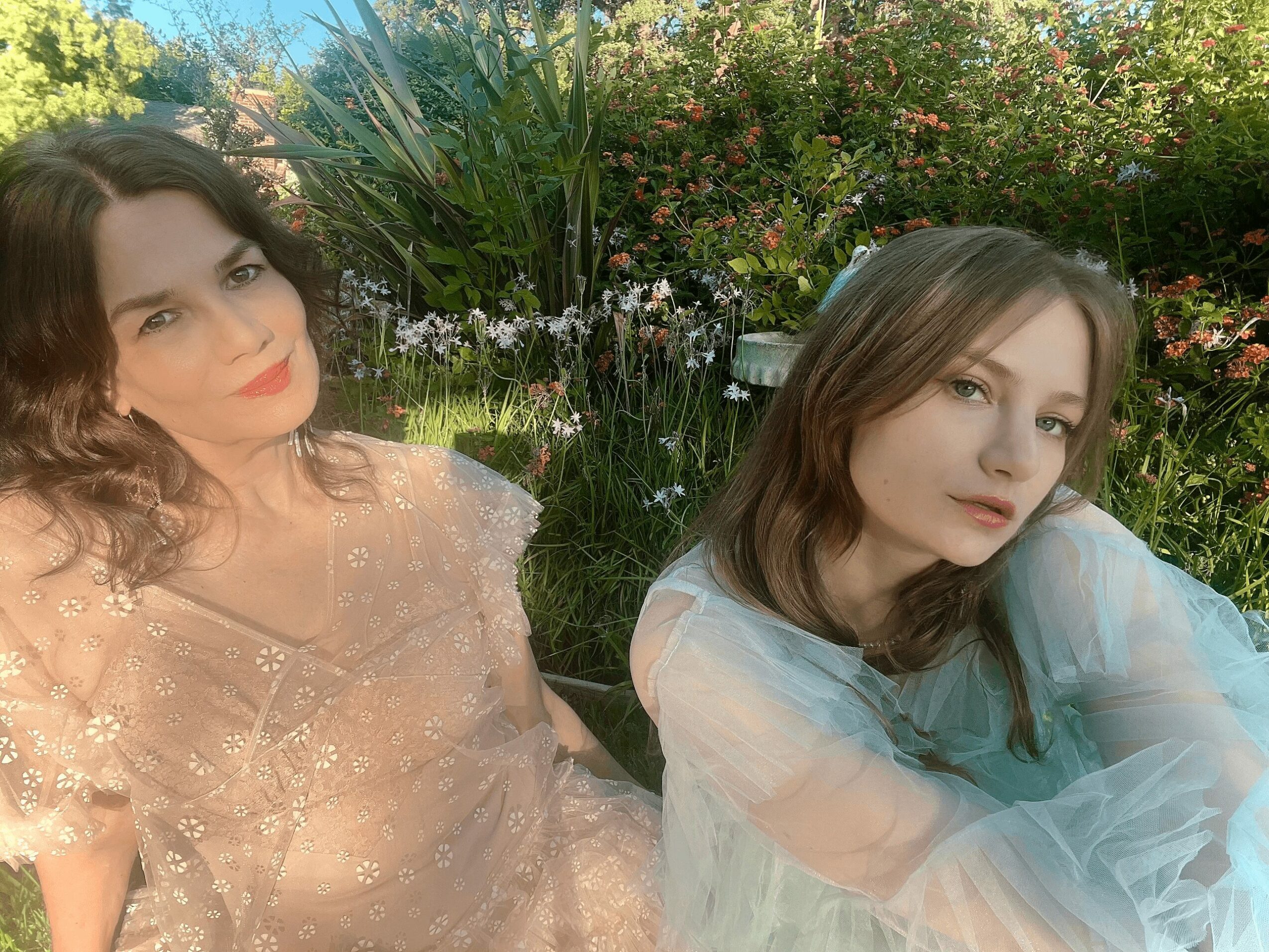
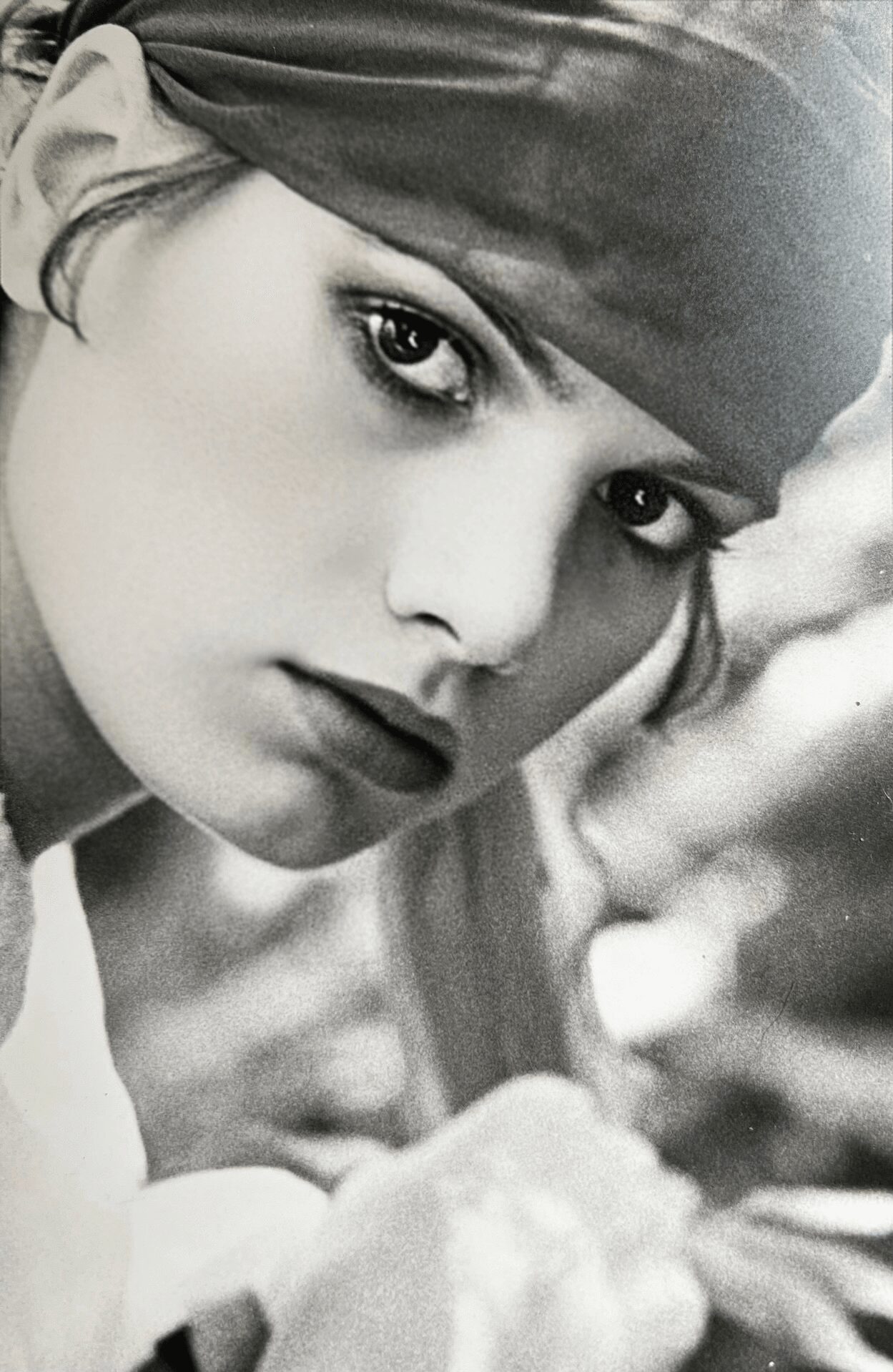
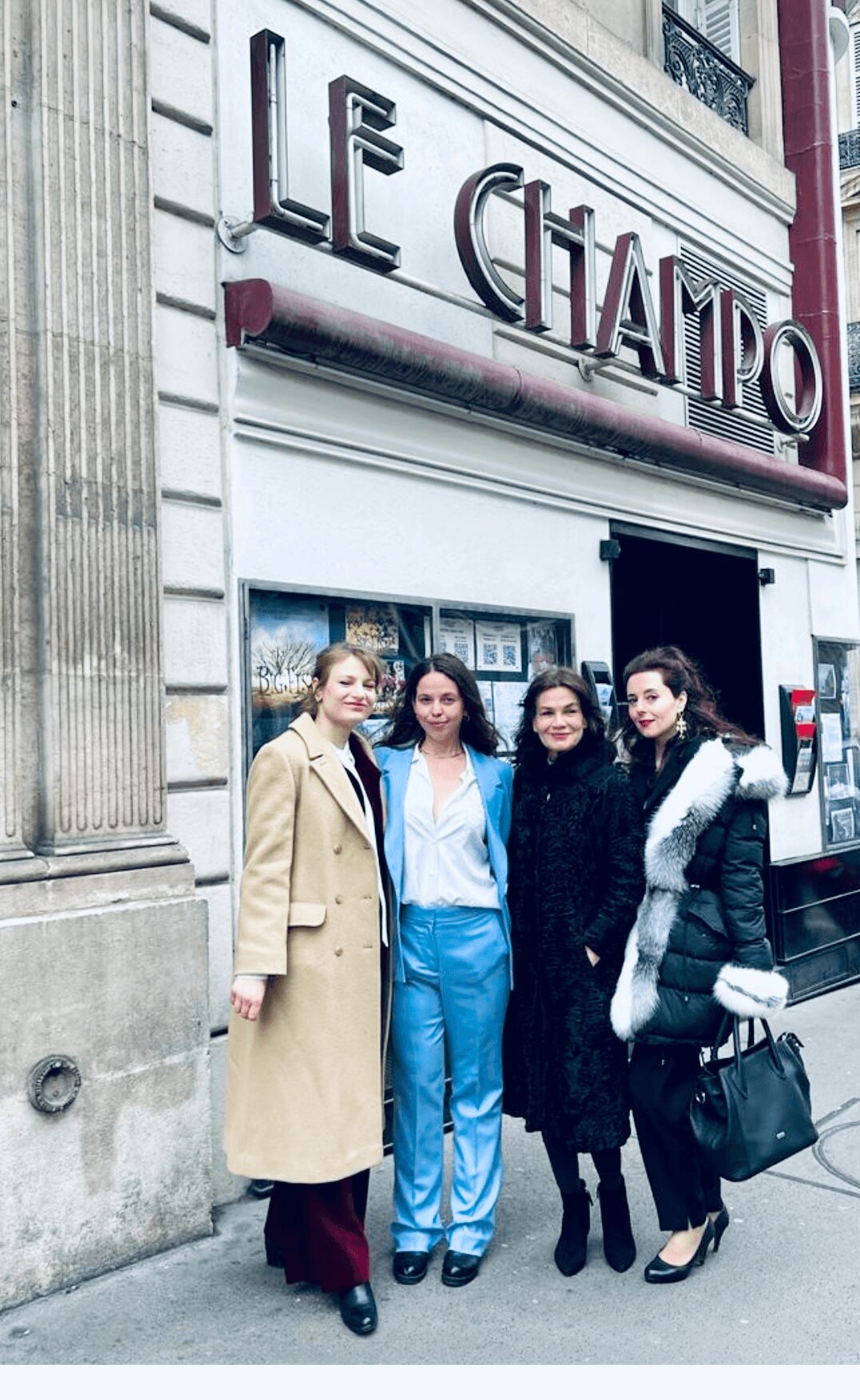
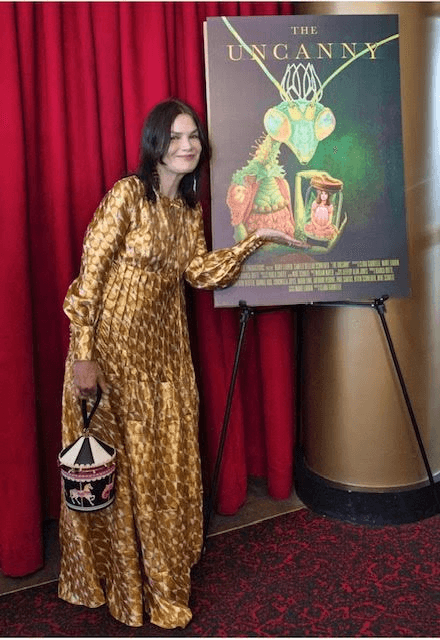


Image Credits
Fourth photo by “Pierre Tremblay”
Last Photo by “Marianne Grégoire”














